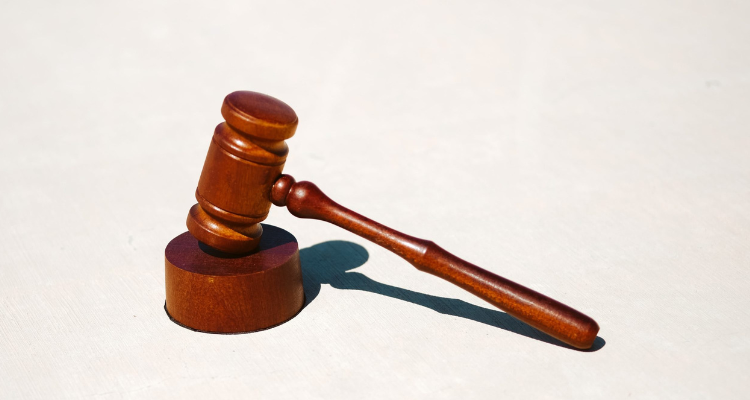
In a stern move, the Supreme Court on Monday rejected a convict’s plea for an extension of his surrender time, dismissing his claim of being unable to walk as an excuse to avoid imprisonment.
The Plea for Extension
Advocate BF Lzafeer Ahmad, representing Mohammad Umeedullah Khan, presented medical reports indicating Khan’s paralysis in his legs, arguing that his client was not in a position to walk and thus needed more time to surrender. However, the vacation Bench of Justices PV Sanjay Kumar and Augustine George Masih was unimpressed by this plea.
Justice Kumar’s Sharp Rebuke
“You are saying that you are unable to walk and that is why you want an extension. How can this be the reason? In jail, you have to sit and not walk,” Justice Kumar remarked, clearly miffed. He further emphasized that surrendering is non-negotiable: “Once this court had said that you have to surrender in two weeks, then you have to surrender. If you cannot walk, you can be carried to jail. This is no reason to seek an extension of time to surrender. You can be transported; there is no need to walk.”
Background of the Case
Khan, a former B.Tech student, was convicted for attempting to murder a fellow student by shooting him in 2007. The trial court in 2013 found him guilty under Sections 307 (attempt to murder) of the Indian Penal Code and Sections 25 (1-A) and 27 of the Arms Act, sentencing him to ten years of imprisonment and imposing a fine.
Upholding the Conviction
On April 30, the Telangana High Court upheld the trial court’s conviction. This conviction is currently under appeal before the Supreme Court. On May 21, Khan’s counsel assured a Bench of Justices Bela M Trivedi and Pankaj Mithal that Khan would surrender within two weeks. The Court, recording this undertaking, scheduled the appeal for hearing in July 2024.
Today’s Verdict
Despite his paralysis claim, the Supreme Court was clear in its stance. The Bench refused to interfere with the earlier order mandating Khan to surrender within two weeks, underscoring the principle that physical inability does not exempt a convict from serving their sentence. Khan’s request for more time was firmly dismissed, affirming the Court’s commitment to upholding the law without yielding to excuses.
In a case that underscores the uncompromising nature of justice, the Supreme Court’s decision sends a strong message: the wheels of justice will not be halted by personal convenience.




